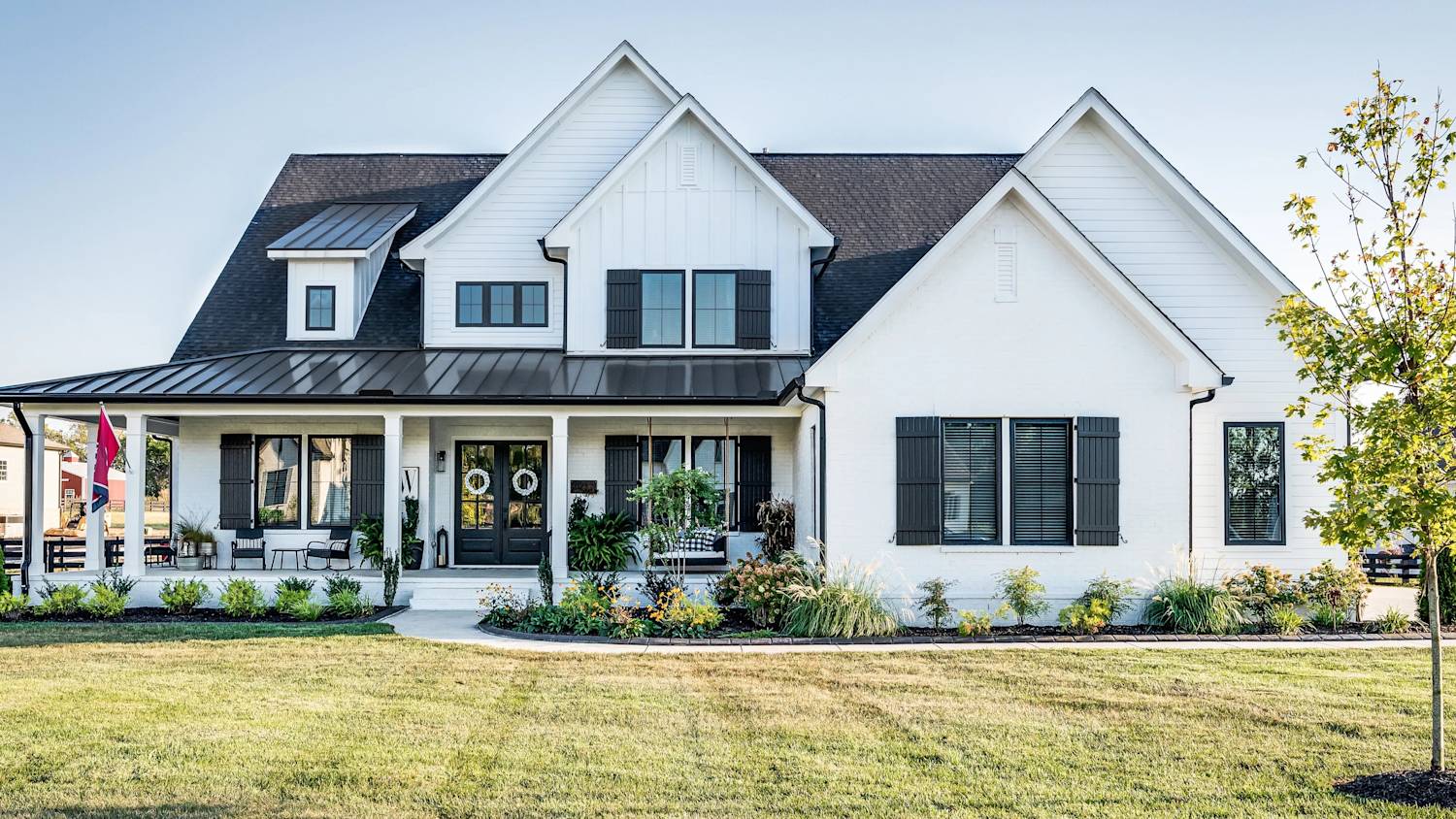Exploring Luxury Farmhouse & Vacation Homes: Tips, Details, Information, and Discoveries
Luxury farmhouses and vacation homes are properties designed for comfort, relaxation, and an escape from urban life. These spaces often blend modern amenities with natural surroundings, offering larger outdoor areas, scenic views, and privacy. Traditionally, farmhouses were associated with agricultural land and rural living, but today they also represent leisure, wellness, and a lifestyle choice.
Vacation homes, meanwhile, have become an important part of travel and real estate trends, as families and individuals look for personalized spaces away from crowded tourist areas.Both types of properties exist to meet growing interest in slow living, sustainability, and flexible living arrangements. They serve as destinations for rest, gatherings, and in some cases, long-term seasonal stays.

Importance
The rising focus on wellness, remote work, and nature-based living has brought more attention to luxury farmhouses and vacation homes. Their importance lies in:
Wellness and Lifestyle: These properties provide open space, gardens, and fresh air, promoting physical and mental health.
Tourism and Local Economies: Vacation homes contribute to regional tourism and help local communities by increasing demand for food, crafts, and services.
Cultural Preservation: Restored farmhouses preserve architectural heritage while adapting old structures to modern standards.
Sustainability Trends: Many are now designed with eco-friendly materials, rainwater harvesting, and solar energy.
For families, these homes solve the problem of crowded resorts. For professionals, they enable hybrid work in scenic environments. And for communities, they bring visitors and cultural exchange.
Recent Updates
Several trends from 2023–2024 highlight how this sector is evolving:
Sustainability in Design (2023): Builders are increasingly integrating green roofs, renewable energy, and recycled materials in vacation homes.
Remote Work Influence (2024): According to travel and real estate reports, nearly 40% of second-home buyers considered internet connectivity and workspace options as top priorities.
Experience-Oriented Travel (2023–2024): Instead of short city breaks, travelers are opting for longer stays in farmhouses and vacation homes, often blending leisure with remote work.
Smart Technology (2024): Modern systems such as app-based lighting, security, and climate control are now expected in luxury properties.
These updates reflect a shift from purely recreational use to multipurpose living spaces.
Laws or Policies
The rules around luxury farmhouses and vacation homes vary by country and region. Common areas of regulation include:
Zoning Laws: Local governments often decide whether rural land can be used for residential or tourism purposes. For example, in parts of Europe, farmhouses must meet heritage preservation rules.
Environmental Policies: Construction may be limited in protected areas, coastal zones, or agricultural belts to prevent ecological damage.
Short-Term Rental Regulations: Countries like Spain, Italy, and the U.S. have introduced restrictions on vacation rentals to balance tourism with housing needs.
Taxation: Property owners may be subject to special property taxes, luxury home taxes, or tourism levies depending on local laws.
Energy Efficiency Standards: Many regions now require compliance with green building certifications to reduce environmental impact.
Understanding these policies ensures properties are legally compliant and environmentally responsible.
Tools and Resources
Several tools can help individuals, researchers, or planners explore the field of luxury farmhouses and vacation homes:
Mapping and Design Tools:
Google Earth and GIS apps for location analysis
SketchUp and AutoCAD for design planning
Regulation and Policy Checkers:
Local government zoning websites
Real estate compliance databases
Sustainability Calculators:
Carbon footprint calculators for buildings
Solar panel and energy-use estimators
Lifestyle and Travel Resources:
Regional tourism boards for vacation trends
Architectural and design magazines for inspiration
Market Data Platforms:
Reports from World Tourism Organization (UNWTO)
Property trend surveys from real estate research institutes
FAQs
What is the difference between a farmhouse and a vacation home?
A farmhouse is traditionally a rural residence associated with farmland, often emphasizing open outdoor areas and rustic architecture. A vacation home is a property specifically used for leisure, often located in scenic or tourist destinations, and may include modern luxury amenities.
Are luxury farmhouses sustainable?
Many new luxury farmhouses are built with sustainability in mind. This can include solar power, rainwater harvesting, natural ventilation, and locally sourced building materials. However, sustainability depends on design choices and adherence to environmental guidelines.
Do governments regulate vacation homes?
Yes, governments regulate vacation homes through zoning laws, building permits, short-term rental rules, and taxation. These rules vary widely by country and sometimes even by region within a country.
Why are vacation homes becoming more popular after 2020?
The rise of remote work, growing interest in wellness, and the desire for less crowded spaces have driven people toward vacation homes. Many families now use them for extended stays, blending leisure with work-from-anywhere flexibility.
Can old farmhouses be converted into modern luxury properties?
Yes, many historic farmhouses have been restored and modernized. However, this often requires following preservation rules, maintaining original architectural elements, and meeting modern safety and energy standards.
Conclusion
Luxury farmhouses and vacation homes are no longer just symbols of leisure but part of a broader movement toward sustainable living, cultural preservation, and wellness-oriented lifestyles. Shaped by remote work, environmental awareness, and regulatory frameworks, these properties continue to evolve.As communities, governments, and individuals adapt, the future of vacation living may blend heritage with innovation, balancing comfort and sustainability with respect for local cultures and environments.